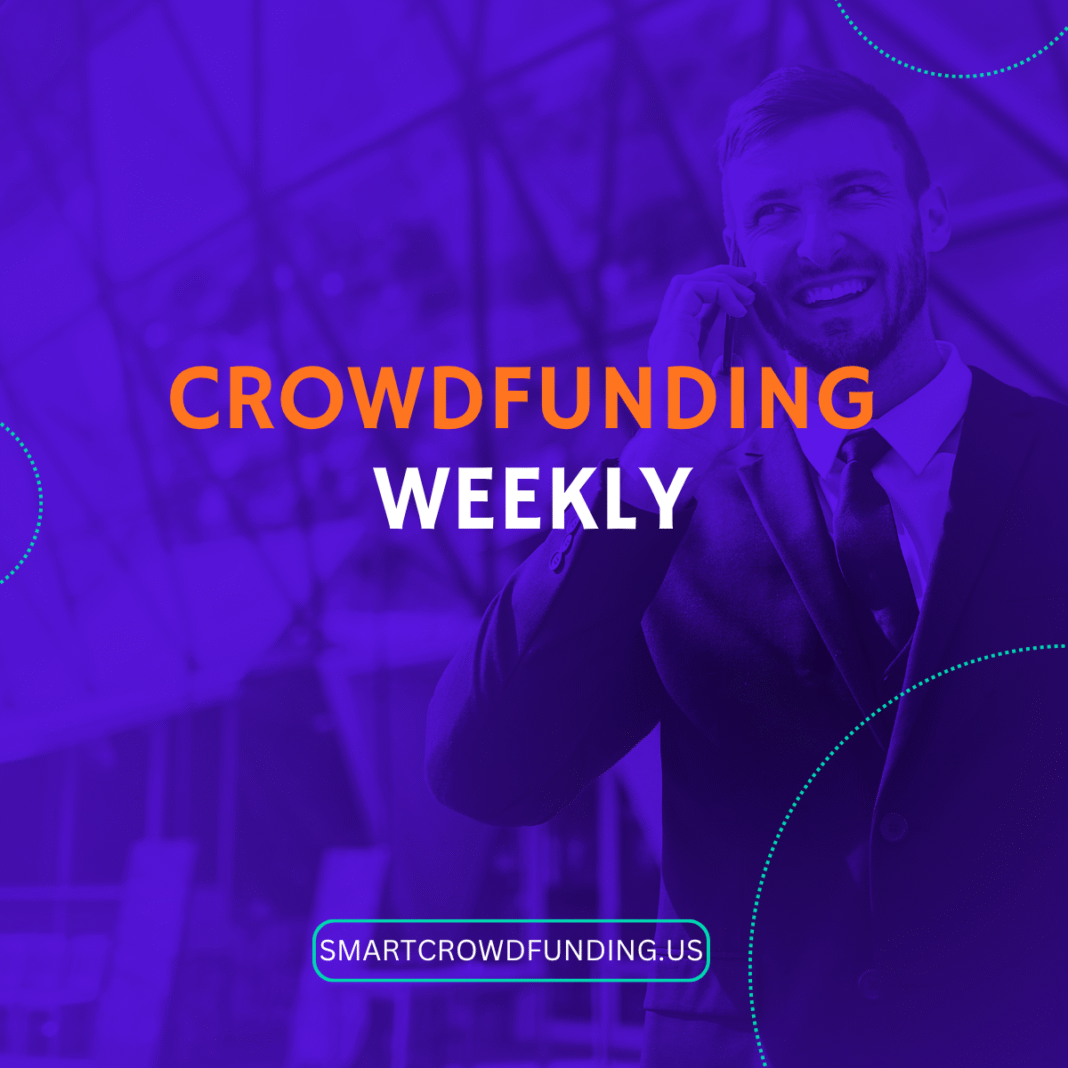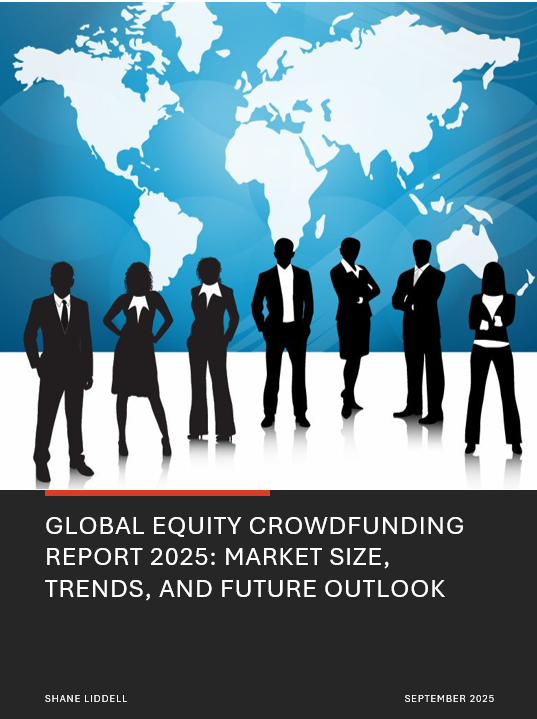Crowdfunding & Private Markets
Over the past few months, we’re seeing signals that the landscape of startup capital formation is continuing to evolve, and that crowdfunding and private-market innovations are playing increasingly central roles. Here’s what’s catching our eye at the moment, and what we believe founders, platforms, and investors should watch closely.
Key Developments
Private share trading platforms get formal backing as The London Stock Exchange’s new “Pisces” private-share trading system just secured regulatory approval, and it’s partnering with Crowdcube to bring retail investors into what has traditionally been closed private markets.
Tokenization of equity gains traction as Republic recently announced plans to tokenize equity in Animoca Brands, bringing blockchain / Web3 tooling further into mainstream equity crowdfunding workflows.
Tokenization can offer fractional ownership, automated compliance and (potentially) more accessible liquidity, although regulatory, custody, and governance issues remain real hurdles.
Campaigns breaking out in new sectors as Death & Co, a hospitality / craft cocktail brand, is raising via equity crowdfunding while turning customers into stakeholders and reimagining hospitality capital models.
Fanbase, a social media startup, has surpassed $12.7M in equity crowdfunding funding to date, as it continues to scale its community-ownership thesis.
DropWorks Rum Distillery, a UK rum distillery, recently exceeded its crowdfunding target, raising nearly half a million pounds.
Cartel Roasting Co. is bypassing typical private equity and asking its customer base to invest via StartEngine.
Meanwhile, CB Insights reports that venture activity is heating back up, and Q3 2025 appears to be a turning point.
Things to Watch
Liquidity & exit pathways matter more than ever. As private share trading matures, platforms that can integrate primary fundraising with secondary liquidity will gain advantage.
Regulation & compliance still dominate risk. Tokenization is seductive as a narrative, but real-world frameworks (custody, securities laws, investor protections) will decide winners.
Brand-led / community-driven models are gaining legitimacy. We’re seeing more consumer brands and hospitality names crowdfund while turning customers into co-investors (and evangelists).
Signal quality over volume. With failures declining, the market is maturing. Sophisticated investors will dig deeper into unit economics, traction, and governance frameworks.
It appears that we’re in the middle of an inflection where private markets, blockchain, and crowdfunding models are converging. The organizations that can combine strong capital structures with new forms of access and liquidity will define the next wave of innovation.


